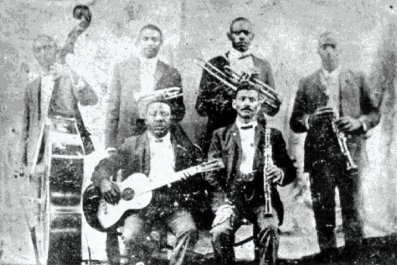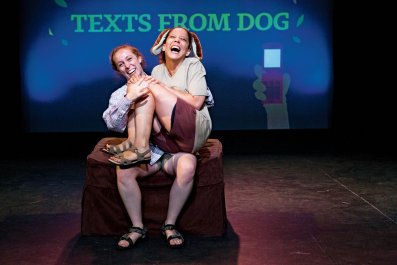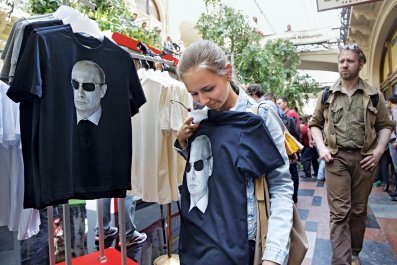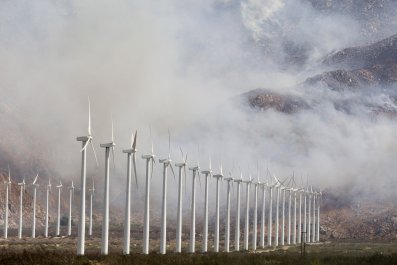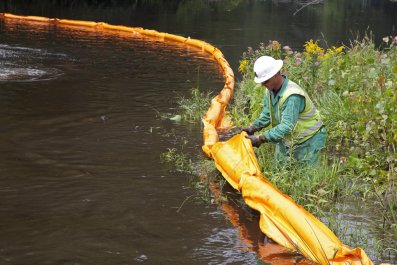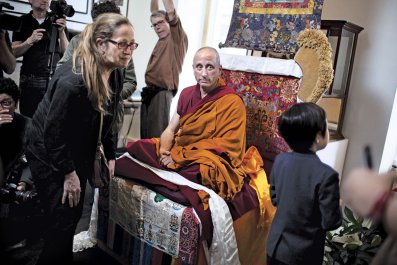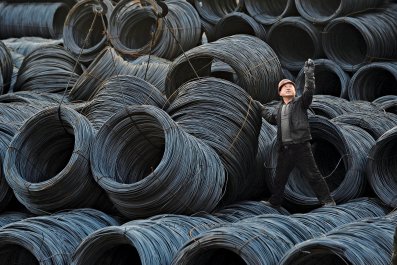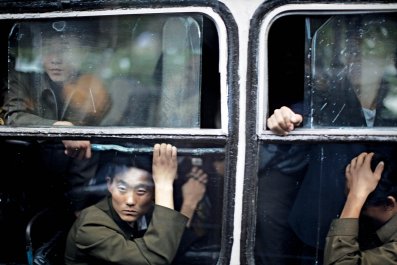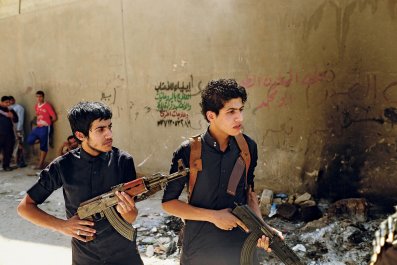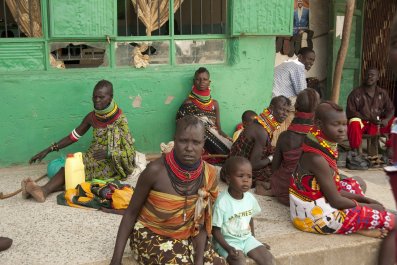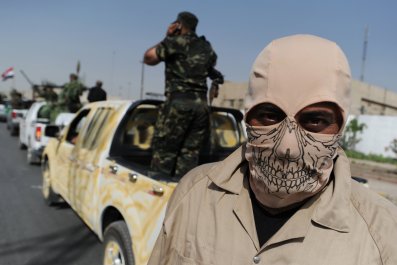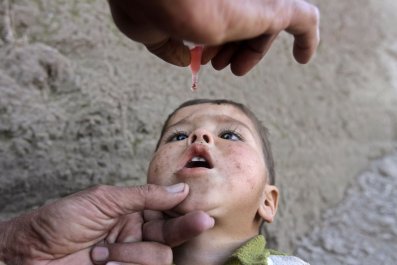The producers of Blancanieves, a silent, black and white version of Snow White which was Spain's nomination for Best Foreign Language Film at the 2013 Academy Awards, could be in trouble over the filming of real bullfighting scenes. At a time when the Spanish "national festival" is increasingly under fire for cruelty, a Madrid court has ordered an investigation into the filming of real bullfighting action which led to the death of a reported nine bulls.
Catalonia banned bullfighting in 2010 and a number of Spain's alternative political forces, including the Podemos ("We Can"), now espouse a nationwide ban.
The case brought against the film Blancanieves was that the producers had been granted a license by the regional authorities to hold a closed-doors corrida in Aranjuez's bullring, but this does not prevent them being liable under the Madrid animal-protection law, which classifies the "filming of scenes which include unsimulated cruelty, abuse or suffering on the part of animals" is considered an offence.
The anti-bullfighting Torture is not Culture group asked the Madrid regional government to investigate on two occasions, but received no response. Now the region's top court has ruled in the activists' favour, ordering the environment department to open penalising proceedings against the producers.
"What we can do against bullfighting is limited to the laws as they stand and these are the only kind of tools we have, but we celebrate the decision," says Torture is not Culture's Sandro Zara, whose association wishes to see the practice outlawed and demands an immediate ban on under-18s being permitted to attend bullfights in Spain.
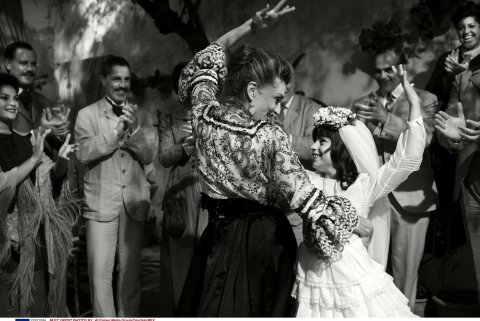
But animal rights activists such as Zara and José Enrique Zaldívar, whose Association of Vets Against Tauromachy and Animal Abuse was instrumental in launching the Blancanieves complaint, may soon have something beefier to celebrate. Podemos, which won a shock 8% of the vote in May's European elections in Spain, just two months after officially registering as a party, espouses a total ban on bullfighting.
In the party's platform, formulated via a process of online public participation, Podemos states that it aims to impose "prohibition on tauromachy". However, Podemos' chief ideologue Pablo Iglesias has been noticeably cagey about some of the party's eye-catching radical policy statements since being confirmed as party secretary general this month after another round of online voting amongst more than 100,000 registered supporters. Having seen the party he helped to launch "as an experiment" reach more than 25% support in some polls, the pony-tailed political science lecturer is visibly battling with the real possibility that he could become prime minister shortly after his 37th birthday next October – but only if he can make further inroads into the mainstream of Spain's demographics, beyond the party's current bastions of support among young city dwellers.
Iglesias spoke in a television interview in mid-November of the need to explain that his party was looking at how to "restructure" Spain's mountain of foreign debt, backing away from earlier talks of non-payment. He was also uncomfortable about a policy which moots expropriation of utility companies which cut off customers, but remained adamant that his party would staunch the flow of housing evictions as the impact of Spain's burst property bubble continues to work itself through the beleaguered banking sector.
In this current context of delicate expectation management, one of the 62 members of Podemos' newly constituted citizens' council, which will work along with experts in various fields to hammer together a definitive platform for next year's general election, says that it may be easier "to let bullfighting fall on its own" by maintaining another part of the party's pledge on animal rights, one which promises the "eradication of the use of public funds for activities harmful to animals". On the possibility of a direct referendum on this issue, the Podemos council member says: "We will have to find a balance between deepening democratic participation and being capable of representing the country; we cannot ask people about every single issue every other day."
Opinion polls on bullfighting are rare in Spain. The last time the government's CIS public opinion research body asked about the practice was in 1995, when 45.5% said they were in favour and 39.9% against. A 2010 Metroscopia poll for the newspaper El País found that 60% of Spaniards said they did not like bullfighting, but nearly the same number disagreed with the Catalan parliament's decision taken that same year to abolish corridas in the region.
The beast may simply end up collapsing of its own accord as bullfight fans age and, in many cases, grow poorer as a result of Spain's economic crisis which has seen unemployment top 25% and pensions cut. Bullfighting is expensive, with breeders charging tens and even hundreds of thousands of euros for the provision of six pedigree fighting bulls, plus the fees paid to matadors. Most bullfights have to be subsidised by local authorities, whose financial muscle has been seriously challenged by economic crisis. According to Interior Ministry figures, between 2007 and 2010 the number of bullfights held across Spain fell by 34.5%.
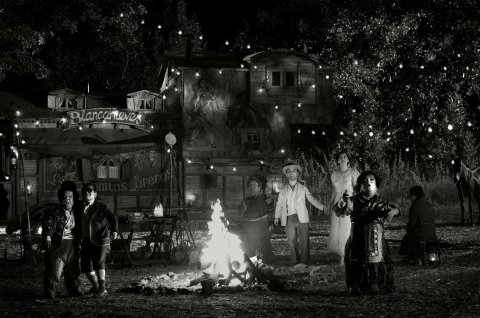
"Without subsidies, bullfighting would already be dead," says Sandro Zara. Spain's conservative Popular Party-dominated parliament voted last year to attach "national cultural interest" status to bullfighting, enabling the sector to receive greater financial support.
But the apparent generational divide on this symbolic issue is causing some mainstream political leaders to dither over which way to turn. In a cringeworthy moment of political choreography, the Socialist Party's freshly elected leader told a live television audience in September that he would see to it that the annual Toro de la Vega bull-spearing festival would not continue if he were to become prime minister. The next day, before an audience of staunch party members, Pedro Sánchez declared that he would never "deprive anyone of the joy of seeing [number-one matador] José Tomás fight".
Meanwhile, the producers of Blancanieves are unapologetic about the methods used to create the film's bullfighting scenes: "We never denied that bulls were used during filming, but deny they were maltreated." The Arcadia film company insists that it "followed the regional government's rules to the letter" regarding the use of the animals and explains that by law, any animal which has been involved in a bullfight must be slaughtered afterwards. If the Madrid administration does find that the film crew did infringe legislation which states that the "use of animals in cinema productions . . . which leads to their death", the Blancanieves producers would face a fine of up to €15,000.
Macarena Garcia, the actress who plays the Snow White character, spoke at the time of the film's release of her surprise that there were protests outside cinemas. "In Blancanieves no bulls are killed. It's the exact opposite of what the anti-bullfight crowd thinks," she said, adding that she herself was against the practice but had been told by the producers that no animals had been harmed.
But a video that Torture is not Culture says was filmed secretly by a bullring assistant during the shoot certainly looks real enough, as bullfighters and a mounted lancer wear down the animals, which were then allegedly slaughtered in the stable area. Far from a fairy-tale ending, Spain's once-proud national pastime seems destined to shuffle off the national stage.




